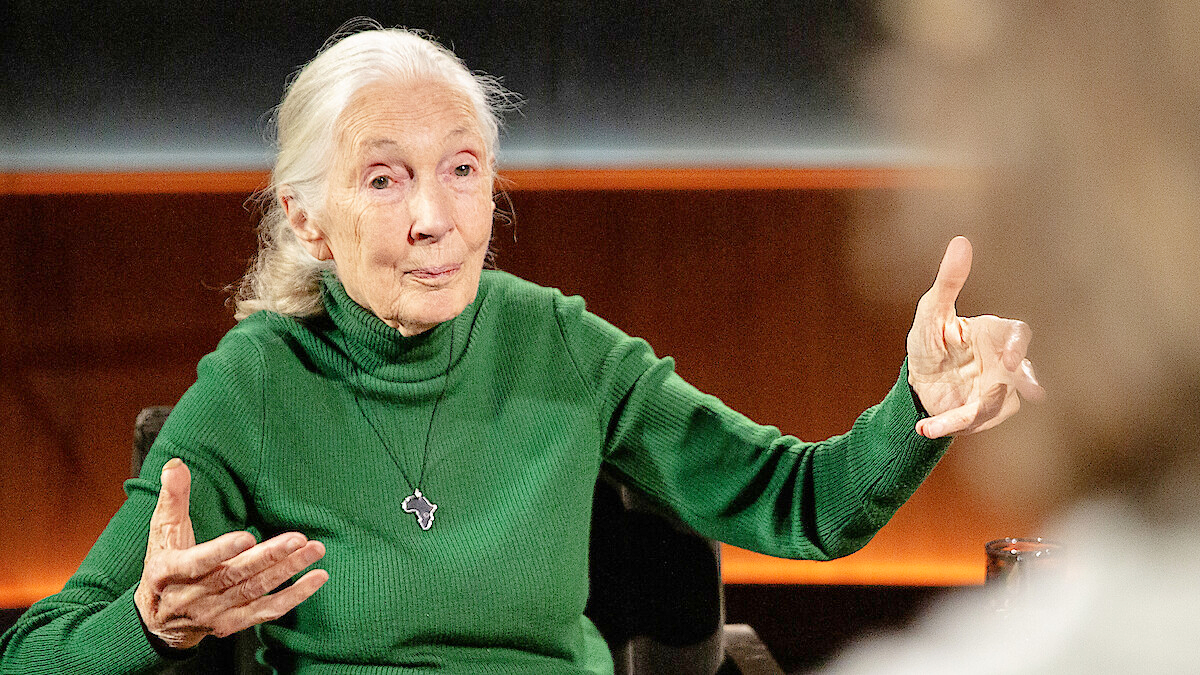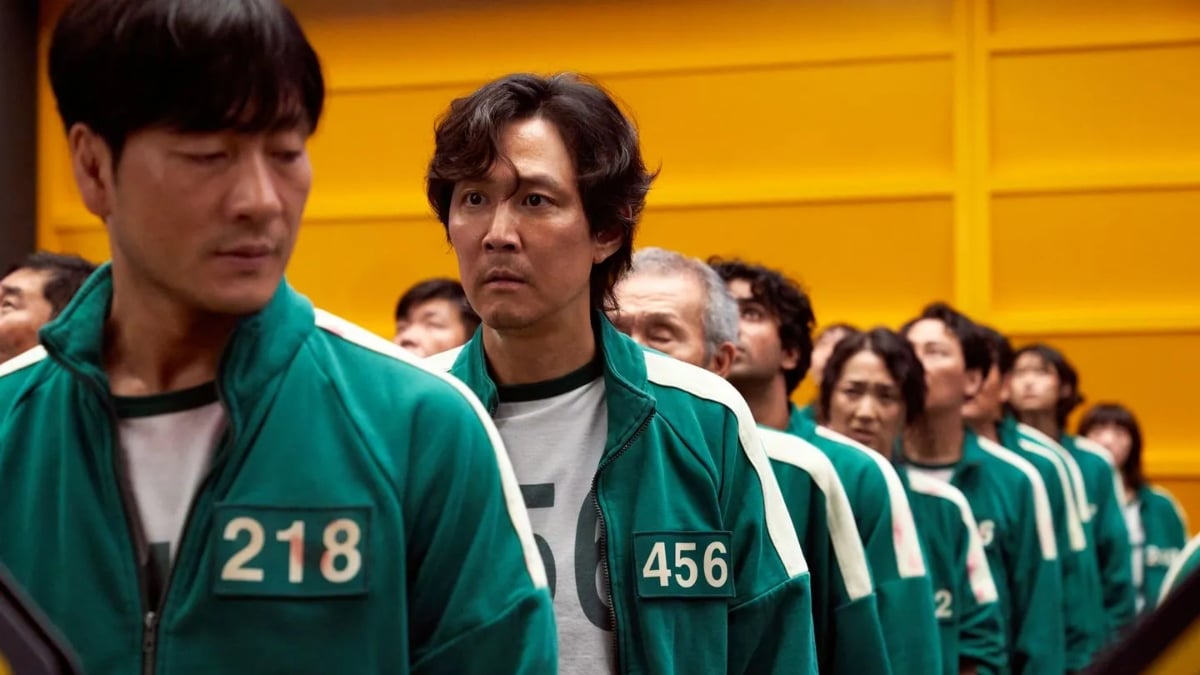Korean dramas have been picking up in popularity over the last few years, especially with the Academy Award-winning film Parasite, and the Emmy Award-winning Netflix series Squid Game, which become a cultural phenomenon when it came out almost a full year ago. Now another Korean drama, Extraordinary Attorney Woo, is leading the charge on Netflix once more.
The show follows neurodivergent attorney Woo Young Woo, who has autistic spectrum disorder (ASD), as she starts a new job at a prestigious law firm. Alongside Young Woo’s phenomenal memory recollection and ability to see through complex legal matters is also the added drama of her lineage, and the reasoning behind her recent hiring may not be as simple as she first thought.
Extraordinary Attorney Woo is a Korean feel-good drama, showing Young Woo’s relationships with her friends and co-workers grow as they come to trust in her abilities and overcome their prejudices regarding her neurodivergent mannerisms, which include echolalia (repeating what others say), struggling to make eye-contact, always reciting the same speech upon introducing herself, or her inability to not bring up whales in any given situation. Young Woo journeys through her first job, first relationship, and working in the cut-throat environment that is the Korean legal system all whilst pushing herself forward, despite her social difficulties and the drama unfolding around her.
Many have praised the show for its representation and handling of a character with ASD, though many feel that there should be more representation of people who have ASD that does not also coincide with having Savant Syndrome as well, claiming that their worth should not be attached to whether or not they are a genius.
Even though the show has been on the platform since June 29, it’s still going strong and was the number one most watched television series on Netflix between Aug. 29 and Sep. 4, with 48.8 million hours watched last week alone. It achieved the same feat a few weeks back, beating out Netflix’s recent big-budget adaption of Neil Gaiman’s The Sandman. It has also been atop the Non-English TV shows chart for eight of the nine weeks since its release.
According to FlixPatrol, it has been watched for a total of 506.7 million hours in total landing it as the sixteenth most watched show on the site since they started publishing viewing figures back in June 2021. It sits above other great Netflix series including The Sandman, The Umbrella Academy, and Neil Gaiman’s other adaption Lucifer and is the third most watched Korean drama after Squid Game and All of Us are Dead.











Published: Sep 6, 2022 08:45 pm